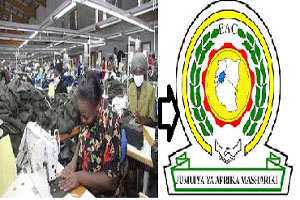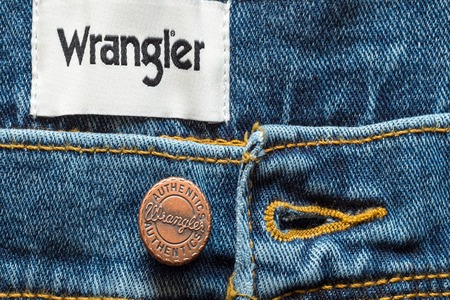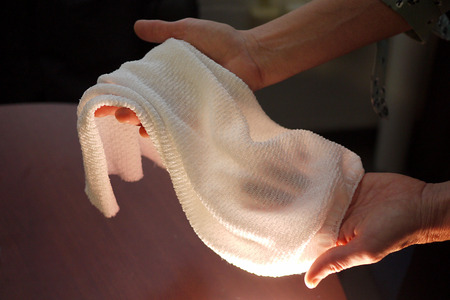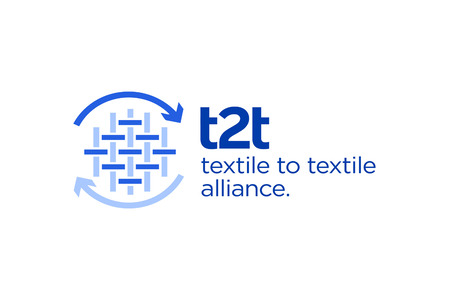
More than 300 Kenyan companies forced to stop selling goods to EAC
YarnsandFibers News Bureau 2015-07-08 11:00:00 – NairobiMore than 300 Kenyan companies have been forced to stop selling their goods to the East African Community (EAC) market. According to manufactures goods from outside the trading bloc, especially from China, are exempted from such charges, thus edging out local firms from the market.
Companies signed up on the scheme attract full duties, levies and other charges provided in the Common External Tariff (CET) for goods sold in the customs territory, according to Article 25 of the EAC Customs Union Protocol.
Goods benefiting from duty-free status under the customs union are charged CET of 10 percent on raw material and 25 percent on finished products due to which locally produced goods are now facing stiff competition with companies under the duty remission scheme declining from 500 to 200 this year, said Kenya Association of Manufacturers chief executive Phyllis Wakiaga.
Wakiaga speaking at the quarterly meeting with the Ministry of Industrialisation in Nairobi yesterday said there is need to re-look at the article to ensure non-tariff barriers are minimised. The charges are hampering trade within the region.
Kenya’s manufacturing sector contributes 10 percent to the economy. Sale of goods in the customs territory is also capped at 20 percent of a company’s annual production. Industrialisation Cabinet secretary Adan Mohamed, said that such restrictions have constrained firms especially in the textile industry from expanding business.
Kenya is banking on 26 new markets expected to be opened up following a tripartite agreement signed by the EAC, Common Market for Eastern and Southern Africa and Southern Africa Development Community.
Market Intelligence
Ask for free sample Report

experience
Customer Base
dedicated team
Countries Served Worldwide









